10 events found.

Community Calendar and Event Finder
Photo by Doug Plummer

Photo by Doug Plummer
Country Dance & Song Society
116 Pleasant Street, Suite 334
•
Easthampton, MA 01027-2784
•
413-203-5467 • [email protected]
Facebook YouTube Instagram Join Our Email List Privacy Policy Back to Top
 Thanks to the Massachusetts Cultural Council for their generous support.
Thanks to the Massachusetts Cultural Council for their generous support.